Lighting a bonfire in your garden might feel like a harmless way to get rid of waste, but under UK law it can quickly become an expensive mistake.
The Environmental Protection Act 1990 and Clean Air Act 1993 both make it an offence to burn waste that creates pollution, dark smoke, or harm to human health.
Breaking these rules can result in fines of up to £50,000 or even imprisonment, so although outdoor fireplaces or bonfires might seem nice, it’s essential to know where you stand before striking a match.
What is the law on burning garden waste
There is no outright ban on garden bonfires in the UK, but there are strict legal limits on what you can burn and how you do it.
The Environmental Protection Act 1990 makes it an offence to dispose of waste in a way that could harm health or the environment. The Clean Air Act 1993 also makes it illegal to emit dark smoke from any residential premises.
Councils also have powers to act against garden fires that create “statutory nuisance” through smoke, odour, or fumes. If a local authority serves an abatement notice and you ignore it, you can face prosecution and additional fines.
Mark Hall from BusinessWaste.co.uk explains: “Most people don’t set out to break the law, but they often don’t realise that burning household waste counts as illegal disposal. If it produces dark or chemical smoke, you’re risking a hefty fine and serious environmental harm.”
What are you allowed to burn in your garden
Only clean, dry, untreated, and unpainted natural materials can legally be burned in your garden. This includes small branches, leaves, twigs, and untreated wood.
Anything that could release toxic or dark smoke – such as plastics, foam, painted wood, MDF, rubber, or household rubbish – is strictly prohibited.
If you burn prohibited materials, whether it be by bonfires or log burning stoves, it can be treated as illegal waste disposal under environmental law.
For DIY or renovation projects, and you dont want to recycle materials, waste such as plasterboard, paint tins, or treated timber, such as C16 timber, must be taken to a licensed recycling or disposal facility instead.
The Environment Agency warns: “Only clean, non-commercial waste should be burned like paper, untreated wood and cardboard … The burning of most type of waste is illegal as it causes pollution … and can carry a fine of up to £50,000.”
What times can you burn waste in the garden
There are no national restrictions on the time of day when you can have a bonfire, but you must ensure it doesn’t cause a nuisance or danger.
Most councils recommend avoiding burning waste early in the morning, at night, or during weekends and bank holidays when neighbours are more likely to be home.
If smoke from your fire drifts into nearby properties or across roads, you could face a complaint or fine. Local authorities can take enforcement action immediately if they consider the burning to be excessive or harmful.
Some councils also impose temporary restrictions during dry spells or high pollution periods, so it’s always worth checking your local authority’s website before burning.
Best outdoor firepits
Can your neighbour complain about you burning garden waste
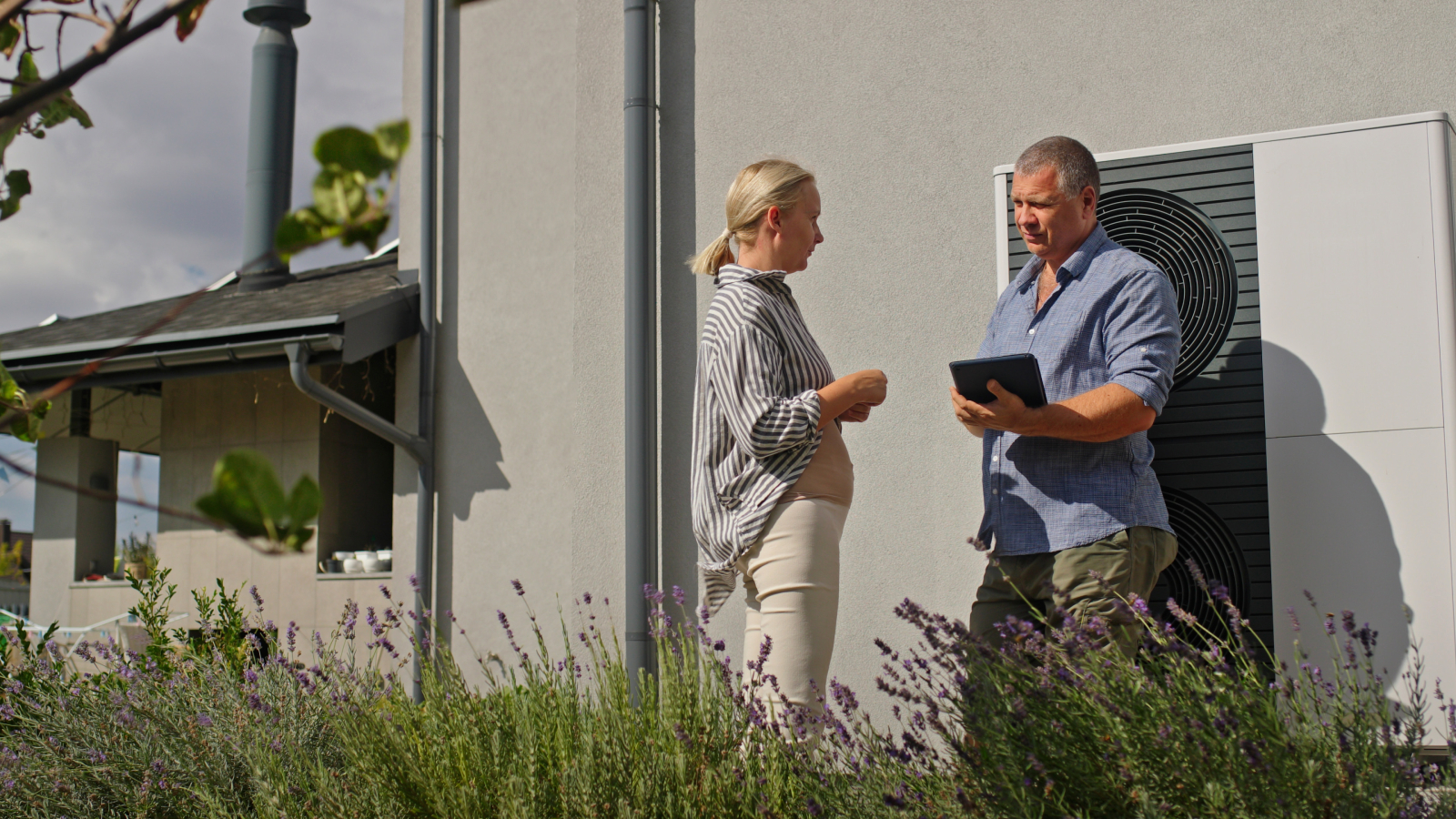
Yes, they can, and their complaint can have legal consequences. If the smoke, smell, or fumes from your bonfire interfere with someone else’s enjoyment of their home, they can report it to the council.
Environmental health officers will investigate and, if the complaint is justified, issue an abatement notice.
Failing to comply with that notice can lead to a court appearance and fines. Councils have the power to prosecute under the Environmental Protection Act 1990, and persistent offenders can face penalties running into thousands of pounds.
Even if your fire seems small, if it produces dark smoke or chemical fumes, you could still be fined up to £50,000 for burning controlled waste.
How to burn garden waste safely
If you choose to burn garden waste, you are legally responsible for making sure it’s done safely and without causing pollution or nuisance.
Always use dry materials to reduce smoke and never add accelerants like petrol or lighter fluid. Build your bonfire away from fences, trees, sheds, or property boundaries and keep it manageable in size.
Stay with your fire until it has completely burned out and make sure it’s fully extinguished before leaving it unattended. Never burn waste when it’s windy, as smoke can easily drift into neighbouring gardens or roads – something that can lead to complaints and potential fines.
For large volumes of garden waste, the UK Government advises using your council’s garden waste collection or visiting a recycling centre instead of burning it.
Garden bonfires might seem like a traditional way to clear up, but the law is clear – burning the wrong materials or creating nuisance smoke can cost you dearly.
Under UK legislation, fines for burning waste illegally can reach £50,000, and councils have the authority to act swiftly against offenders.
The safest choice is to keep your fire small, clean, and smoke-free, or better yet, recycle your waste instead of risking your pocket and your neighbours’ health.
View the original article and our Inspiration here

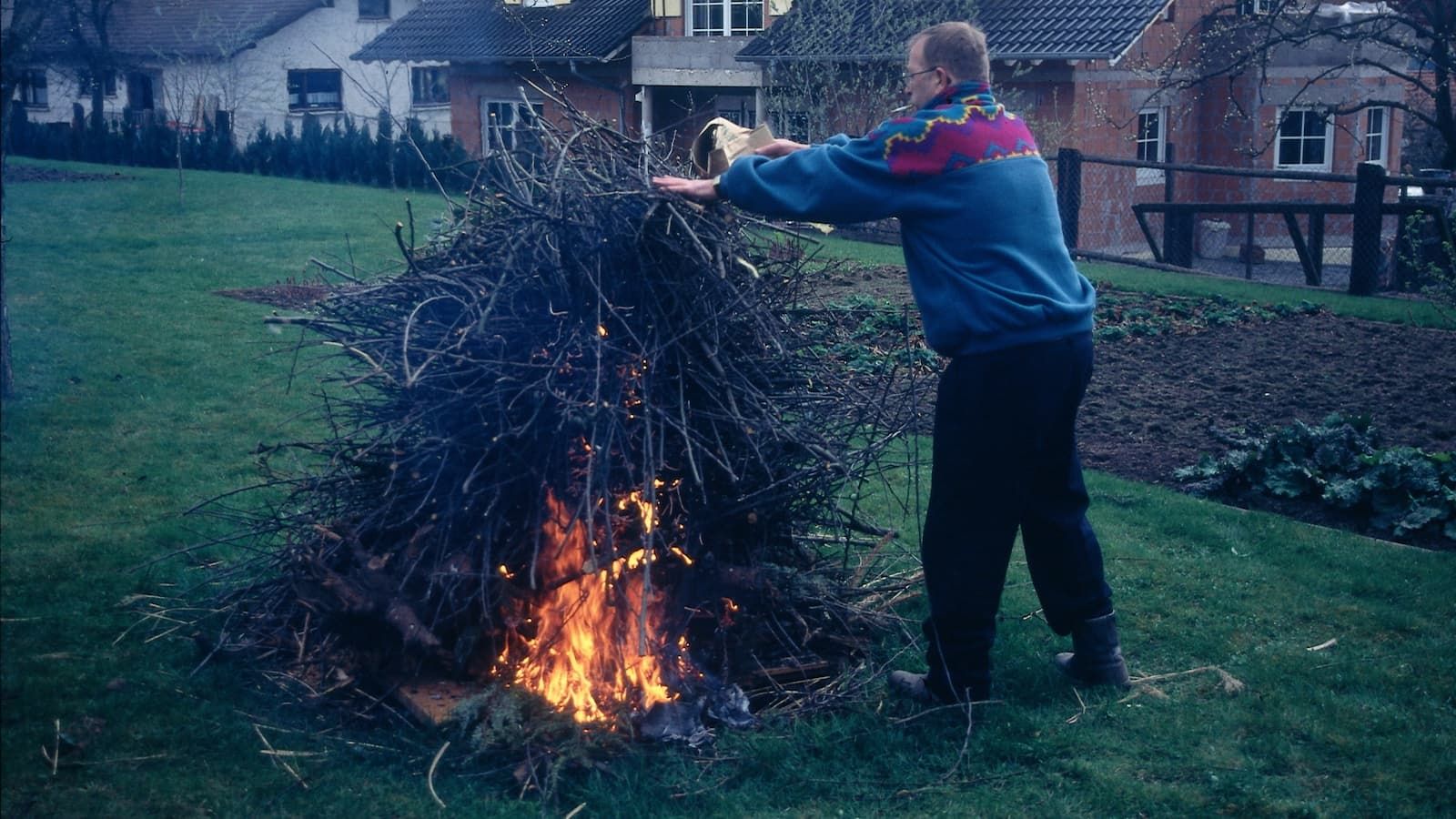
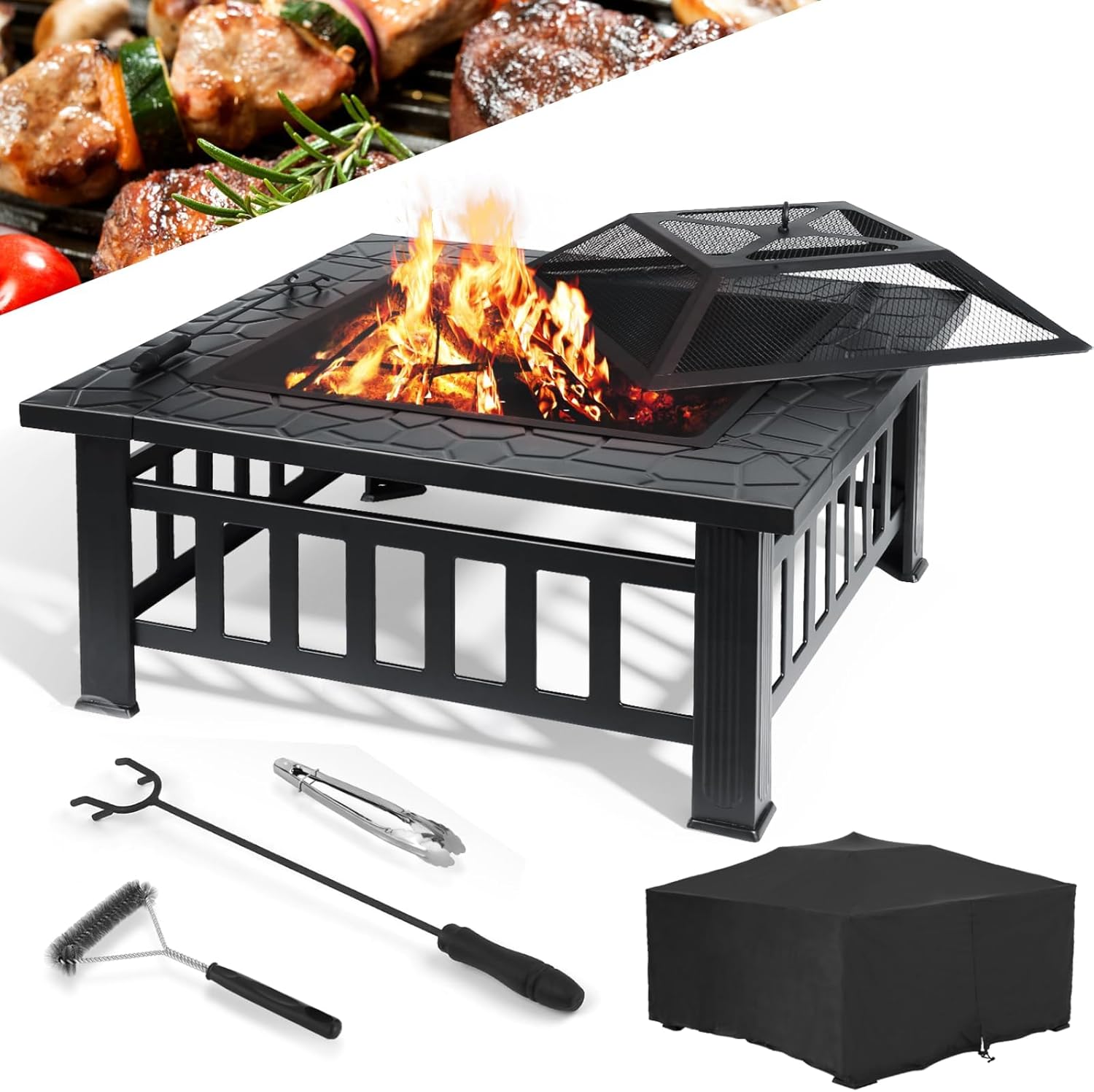
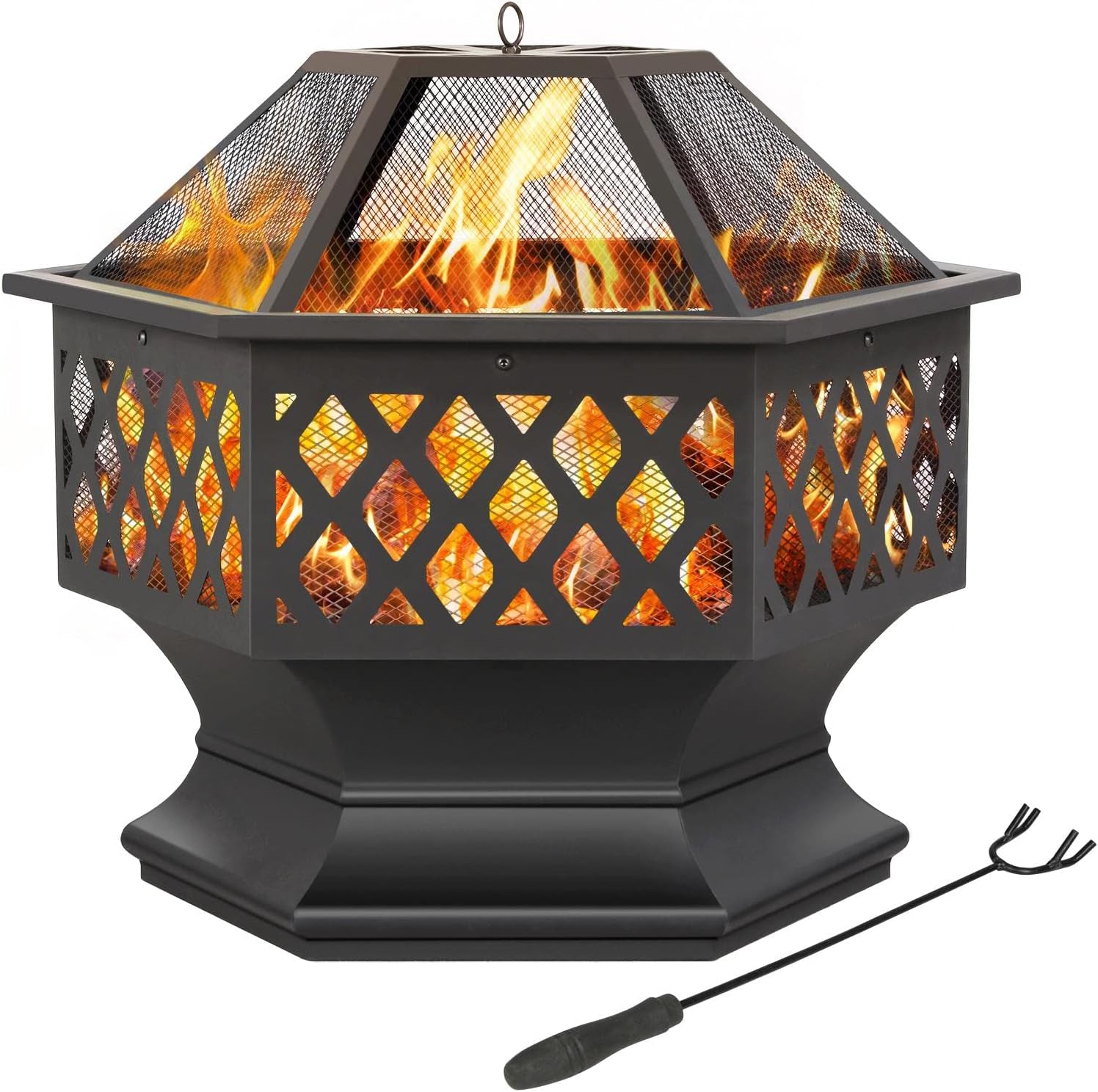
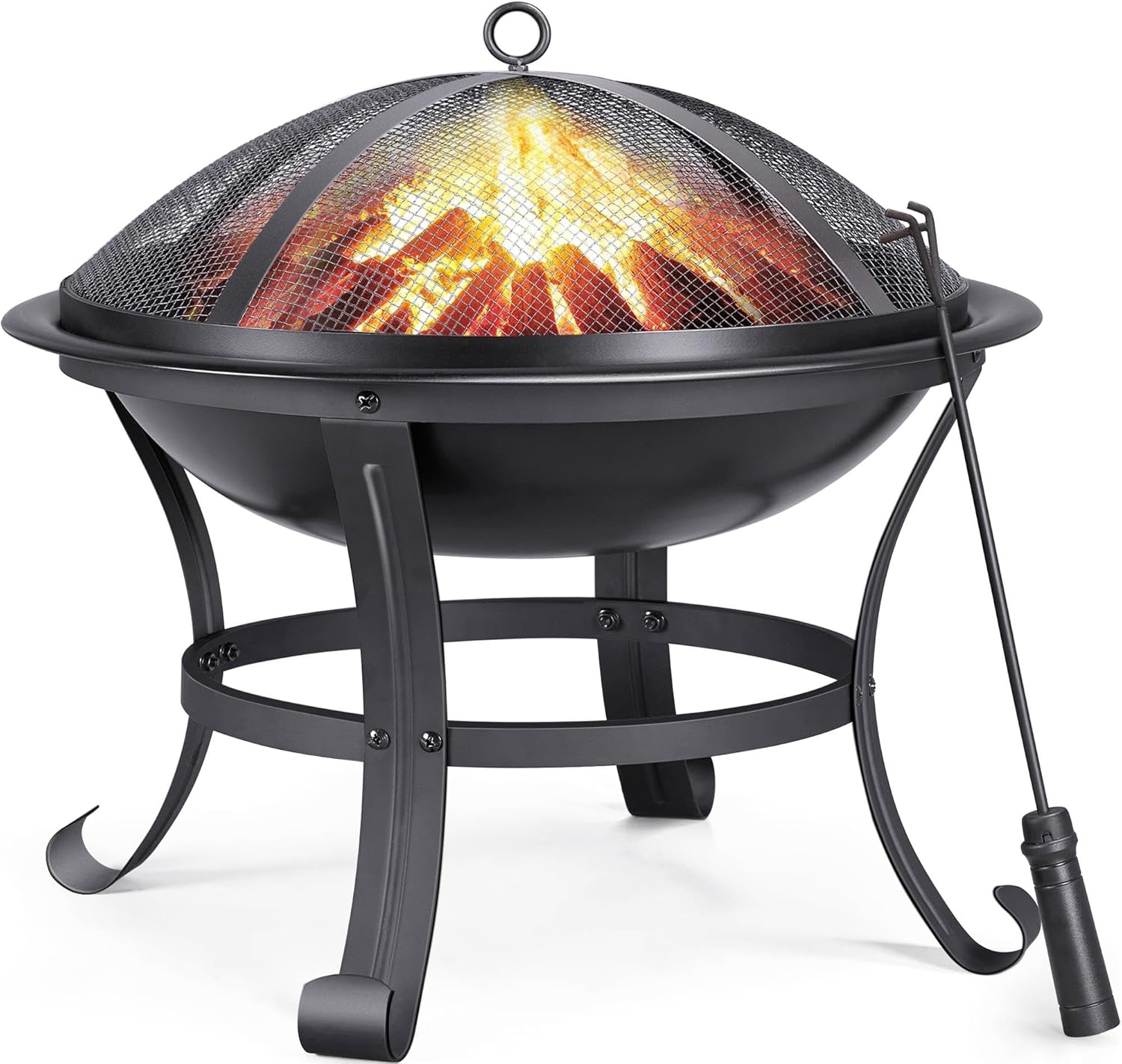
Leave a Reply